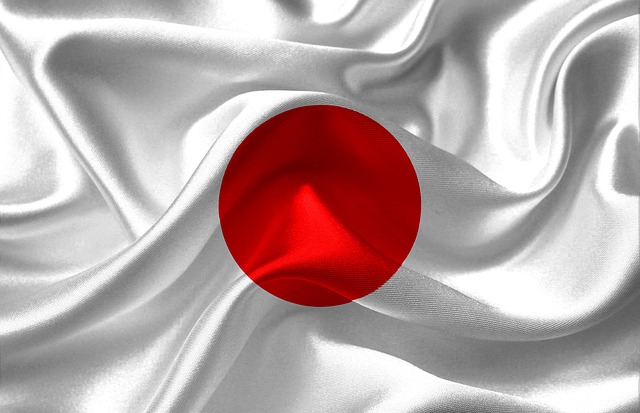October 25, 2023
Japan’s core inflation in September slowed below the 3% threshold for the first time in over a year but stayed above the central bank’s target, keeping alive expectations that policymakers will phase out ultra-easy monetary policy.
The data will be among indicators the Bank of Japan will scrutinize at its two-day policy meeting ending on Oct. 31 when it will produce fresh quarterly growth and price forecasts.
“We think inflation will only fall below the BOJ’s 2% target by the end of next year,” said Marcel Thieliant, head of Asia-Pacific at Capital Economics.
The nationwide core consumer price index, which excludes volatile fresh food costs, rose 2.8% in September from a year earlier. It eased from 3.1% in August but has tracked above the BOJ’s 2% target for 18 straight months.
Prices of food and daily necessities continued to rise but at a slower pace than in August, a sign that cost-push pressures were easing. The core-core index, which strips away fresh food and fuel costs, rose 4.2% in September from a year earlier, slowing from a 4.3% gain in August.
A renewed spike in oil costs and persistent yen falls could prod firms to raise prices again. There’s strong uncertainty on the expected pace of declines in inflation, with core inflation not expected to fall below 2% until the latter half of 2024.
Markets are rife with speculation the BOJ will soon end negative short-term interest rates and yield curve control in response to broadening inflationary pressure. The BOJ has played down the near-term chance of phasing out its massive stimulus, arguing the recent cost-driven price rises need to change into demand-driven increases in inflation for the bank to consider hiking interest rates.
An upgrade to its inflation forecasts alone won’t prod the BOJ to phase out stimulus as policymakers are focusing more on whether wages will rise enough to underpin consumption.
There are growing signs consumers are feeling the pinch from rising prices as inflation-adjusted real wages keep falling. Some BOJ regional branch managers said consumers are becoming more sensitive to price hikes and buying fewer items at supermarkets. A government survey of taxi drivers, restaurants, and other service-sector firms showed their sentiment souring in September, highlighting the fragile nature of consumption. While firms offered wage increases unseen in three decades this year, the key for policymakers is whether the trend continues next year and spreads to smaller firms across regions.
Source: The Japan Times
Legal Notice: The information in this article is intended for information purposes only. It is not intended for professional information purposes specific to a person or an institution. Every institution has different requirements because of its own circumstances even though they bear a resemblance to each other. Consequently, it is your interest to consult on an expert before taking a decision based on information stated in this article and putting into practice. Neither Karen Audit nor related person or institutions are not responsible for any damages or losses that might occur in consequence of the use of the information in this article by private or formal, real or legal person and institutions.






